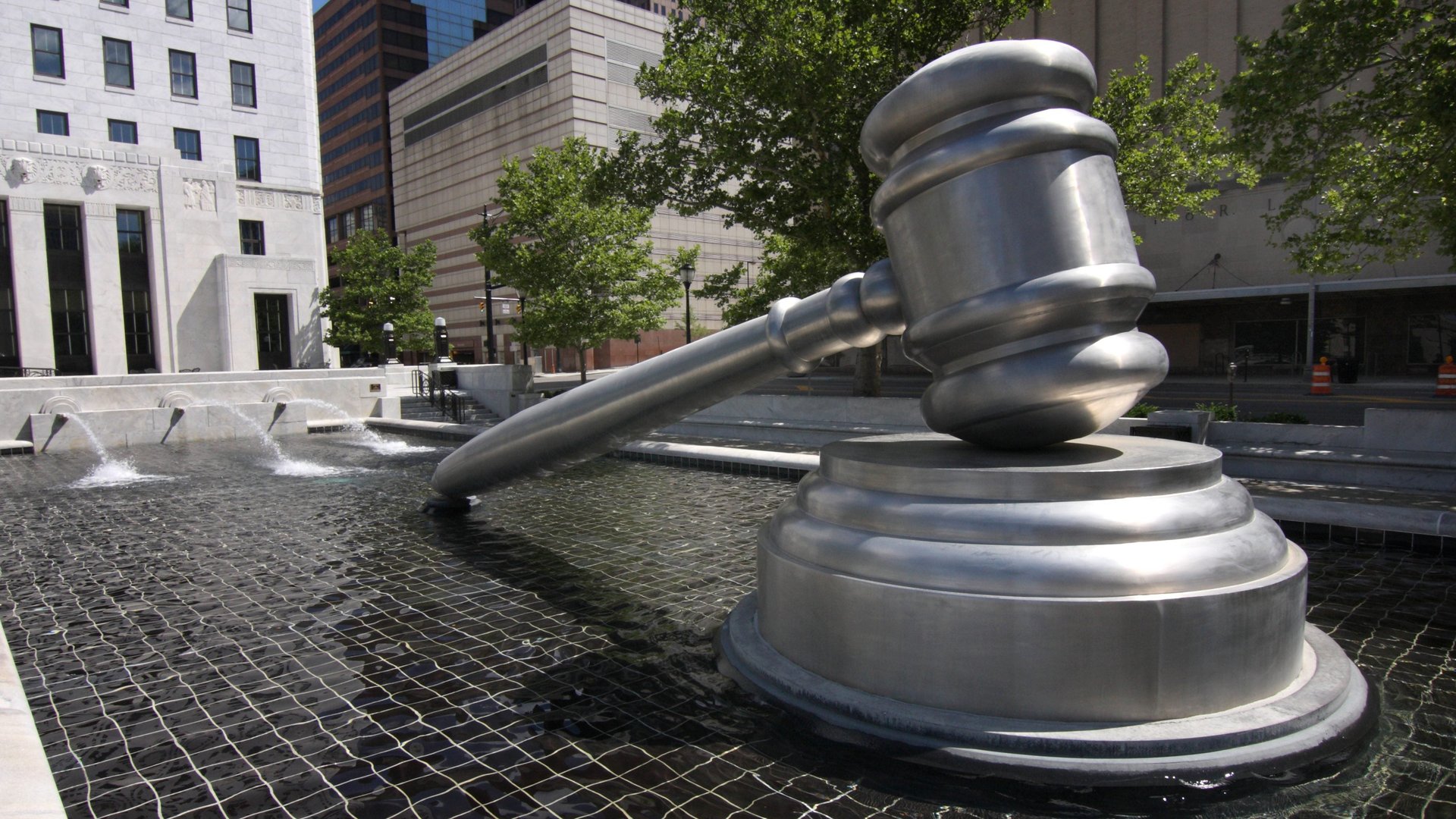The Seattle judge’s order suspending Trump’s immigration ban also explains how the US government works
Yesterday (Feb. 3), a federal judge issued a temporary restraining order that halts president Donald Trump’s ban on arrivals from seven countries. The judge, James Robart, said it caused “immediate and irreparable injury” to the state of Washington, and his decision applies nationwide.


Yesterday (Feb. 3), a federal judge issued a temporary restraining order that halts president Donald Trump’s ban on arrivals from seven countries. The judge, James Robart, said it caused “immediate and irreparable injury” to the state of Washington, and his decision applies nationwide.
Predictably enough, Trump lashed out today on Twitter, dismissing Robart as a “so-called judge”—even as the departments of State and Homeland Security announced they were complying with the order. Perhaps anticipating the president’s anger, the conclusion to Robart’s decision is essentially a primer on the way that US government, and particularly the judicial branch, works—and particularly, its role in upholding the US constitution. (You can read the full order here).
Fundamental to the work of this court is a vigilant recognition that it is but one of three equal branches of our federal government. The work of the court is not to create policy or judge the Wisdom of any particular policy promoted by the other two branches. That is the work of the legislative and executive branches and of the citizens of this country who ultimately exercise democratic control over those branches. The work of the Judiciary, and this court, is limited to ensuring that the actions taken by the other two branches comport with our country’s laws, and more importantly, our Constitution.
The narrow question the court is asked to consider today is whether it is appropriate to enter a TRO [temporary restraining order] against certain actions taken by the Executive in the context of this specific lawsuit. Although the question is narrow, the court is mindful of the considerable impact its order may have on the parties before it, the executive branch of our government, and the country’s citizens and residents. The court concludes that the circumstances brought before it today are such that it must intervene to fulfill its constitutional role in our tripart government. Accordingly, the court concludes that entry of the above-described TRO is necessary, and the States’ motion is therefore GRANTED.
Trump accused the 69-year-old, George W. Bush appointee of taking “law enforcement away from our country.” The White House said it would appeal the “outrageous” order immediately (but a few minutes later reissued the statement with the word ”outrageous” removed.)